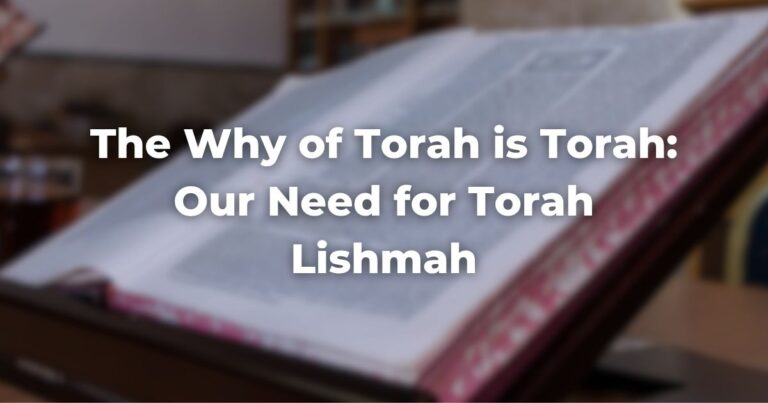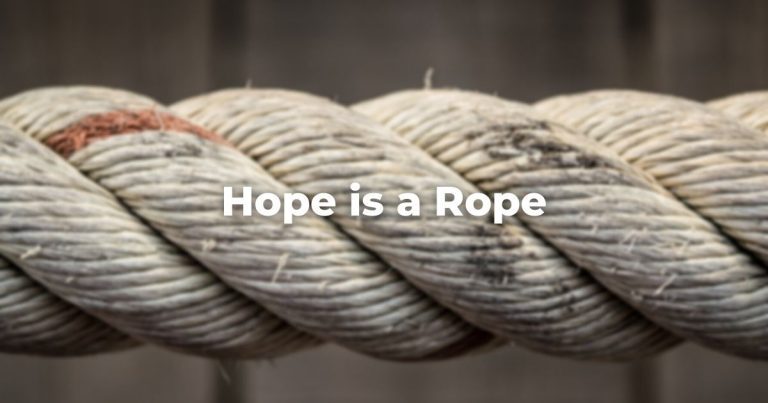The intermediate days of Sukkot and Passover are called ḥol ha-mo·eid, literally, “the ‘weekday’ [part] of the festival.”
And they have an unusual character to go with their unusual name, combining some features of festival days with others associated with normal weekdays to create a kind of day that is wholly unique.
Ritual and liturgical customs
On these intermediate days of Sukkot, we continue to eat in the sukkah, to wave the lulav and etrog every morning at services, and to recite the complete Hallel.
Musaf is appended to the morning services on each day of ḥol ha-mo·eid.
In addition, a paragraph beginning with the words ya·aleh v’yavo is added during every recitation of the Amidah and the Grace after Meals during this period.
Torah and Haftarah selections
The TorahRefers to the first five books of the Hebrew Bible, the Tanakh, also called the Five Books of Moses, Pentateuch or the Hebrew equivalent, Humash. This is also called the Written Torah. The term may also refer to teachings that expound on Jewish tradition. Read more is also read each of these days, as four individuals are called forward for aliyot. This number makes perfect sense in this context as well: one more than a regular weekday and one less than a full festival day.
A special Torah reading is also designated for the Shabbat of ḥol ha-mo·eid Sukkot, Exodus 33:12–34:36. The maftir portion on that intermediary Shabbat describes the sacrifices that were offered in the Temple on that particular day.
The haftarah is Ezekiel 38:18–39:16, a passage that deals with the End of Days and forecasts that a dramatic victory for justice and peace will take place on Sukkot.
It is also customary to read the Book of Ec-clesiastes (popularly called by its Hebrew name, Kohelet) on the Shabbat that falls during Sukkot or, if none does, then on Sh’mini Atzeret.
Should you wear t’fillin?
The dual nature of ḥol ha-mo·eid, half-holiday and half-weekday, is reflected in the ongoing debate about whether or not one should don t’fillin for part of the Morning Service or not at all (SA Oraḥ Ḥayyim 31:2, cf. the comment of the Rema ad loc.).
In general, t’fillin are not worn on Shabbat or on holidays because the days themselves are considered signs of the covenant, which is also the function of t’fillin. If ḥol ha-mo·eid were to be considered more of a festival day, we would not don t’fillin. If it were to be considered more of a weekday, we would.
But, since the days of ḥol ha-mo·eid are in some ways in both categories, we are left with a dilemma. Not surprisingly, custom varies regarding the issue of putting on t’fillin on ḥol ha-mo·eid. Some Jews do and some do not. But even those Jews who don their t’fillin on ḥol ha-mo·eid remove them before Hallel as a nod toward the special nature of the day.
Individuals should follow their family’s custom in the matter of t’fillin on ḥol ha-mo·eid. If one has no such family tradition, one should follow the custom of one’s synagogue community. In cases of uncertainty, a rabbi should be consulted and his or her counsel followed.
Generally speaking, if one dons one’s t’fillin during ḥol ha-mo·eid, one should recite the normal blessings. There are those, however, who do not recite the blessings and yet others who recite them inaudibly.
Funerals on ḥol ha-mo·eid
There are also special rules concerning funerals on ḥol ha-mo·eid.
Under normal circumstances, we do not permit funerals on holidays. On ḥol ha-mo·eid, the general practice is to permit burial, but to defer formal shivah observance until after the festival is finally over. It is customary, however, not to include long eulogies at funerals that take place during the intermediate days of festivals.
It is customary to greet one another by saying: Mo·adim l’simḥah, meaning may the holiday be joyous, or a guten moyed, meaning have a good holiday.
Adapted with permission from The Observant Life.
Authors
-

-

The Observant Life: The Wisdom of Conservative Judaism for Contemporary Jews distills a century of thoughtful inquiry into the most profound of all Jewish questions: how to suffuse life with timeless values, how to remain loyal to the covenant that binds the Jewish people and the God of Israel, and how to embrace the law while retaining an abiding sense of fidelity to one’s own moral path in life. Written in a multiplicity of voices inspired by a common vision, the authors of The Observant Life explain what it means in the ultimate sense to live a Jewish life, and to live it honestly, morally, and purposefully. The work is a comprehensive guide to life in the 21st Century. Chapters on Jewish rituals including prayer, holiday, life cycle events and Jewish ethics such as citizenship, slander, taxes, wills, the courts, the work place and so much more.
View all posts






